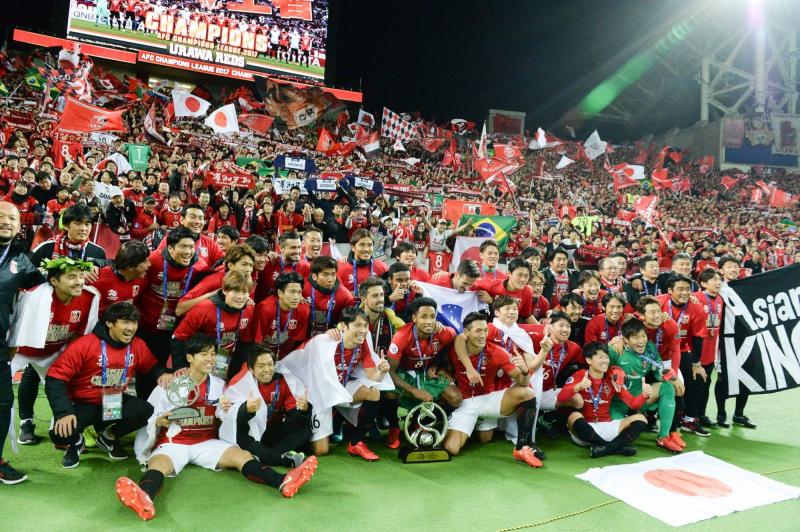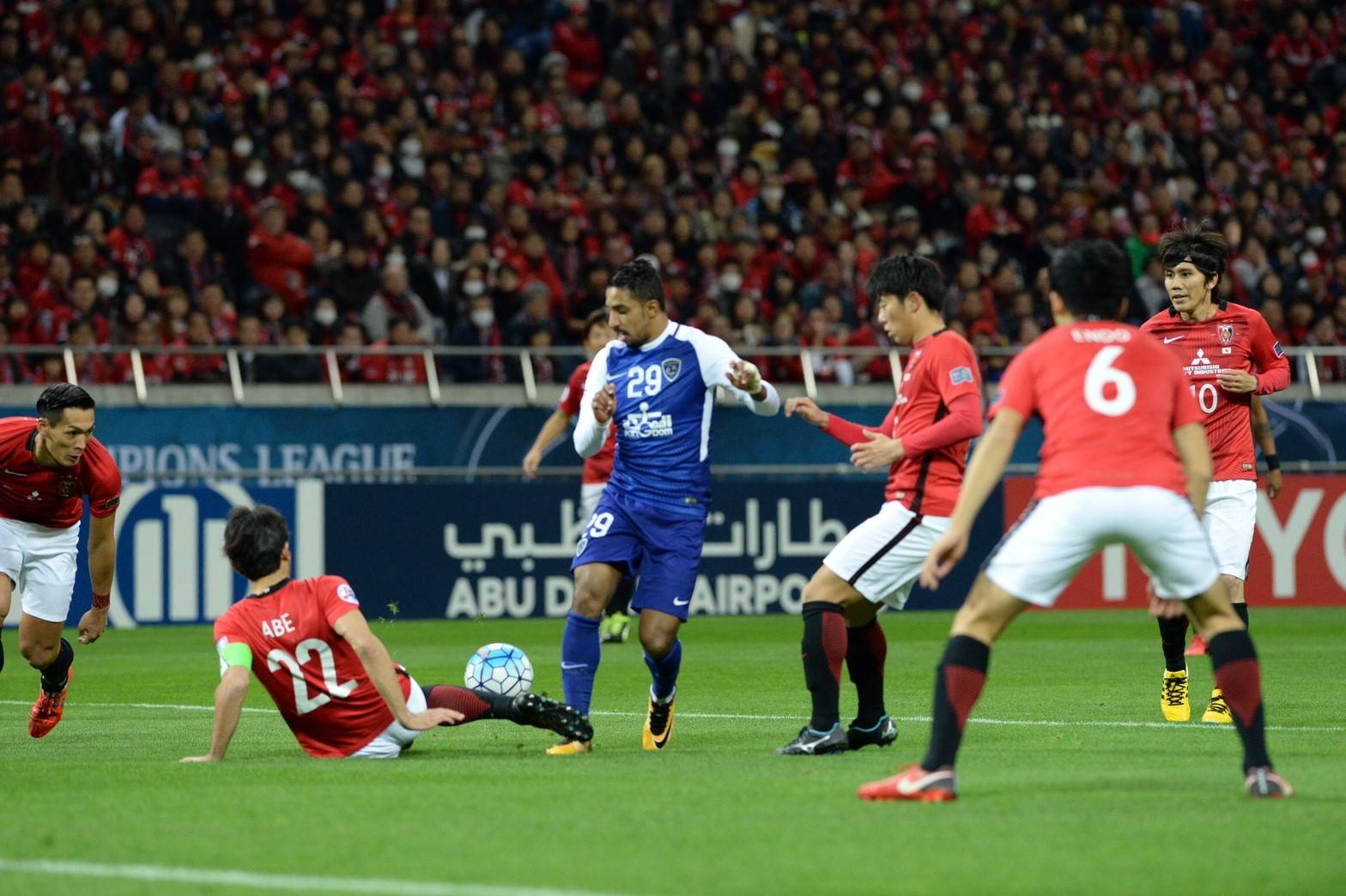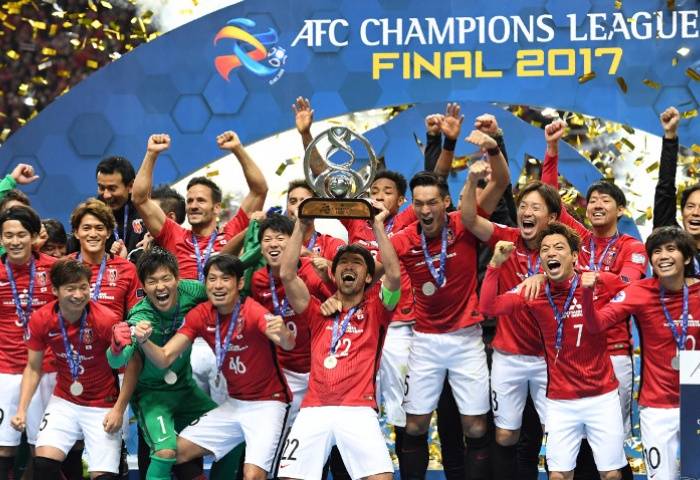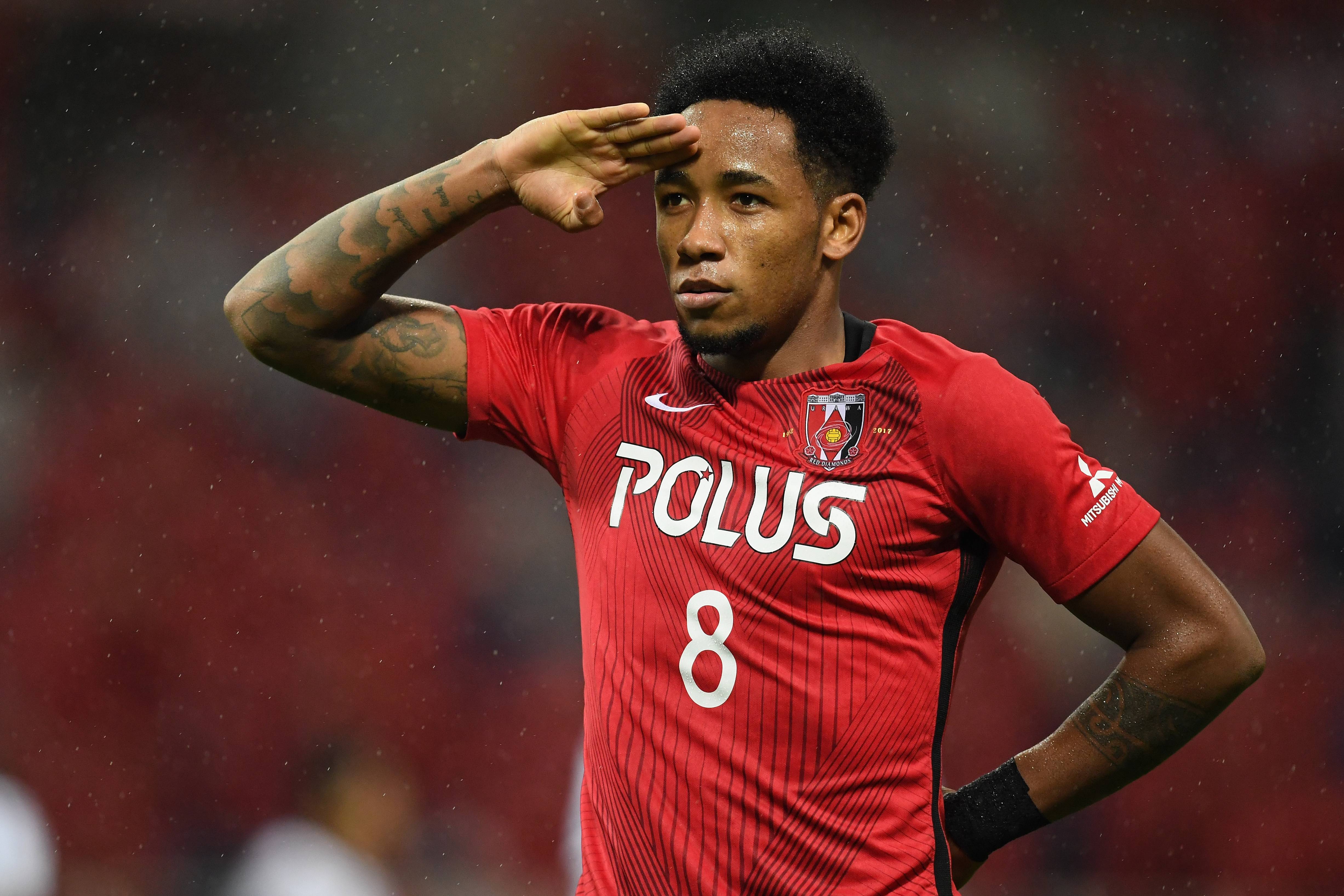
It was ten years of waiting and anguish for the largest and most fanatic fan base in Japanese football. Since winning the 2017 AFC Champions League title with arguably their strongest team in history, Urawa Reds could not win another major trophy. The club’s decline was swift, with then-interim manager Takafumi Hori rescuing them from the threat of relegation in 2011.
The Saitama-based club once more dreamed of greater heights in the Mihailo Petrovic Era, which lasted from 2012 until mid-2017. It was a period marked by investment in a roster which started every season among the favourites, played beautiful attacking football, yet still disappointed in decisive moments. They ended as runner-ups twice in J1, once in the J.League Cup, and once more in the Emperor’s Cup, not to mention the dramatic ACL eliminations. The Serbian coach collected just one significant trophy, in last year’s J.League Cup. Above all, luck deserted him in crucial times. Petrovic was the “unlucky genius.”
2017’s Urawa Reds started the year soaring high and piling up high-scoring victories, but their opponents soon learned how to exploit their unprotected defence. Collapse followed: Petrovic was reluctant to change his playing style, and despite advancing to the ACL’s knockout tournament the team stumbled in one J1 match after another.
At the end of July, the club could no longer remain patience and Petrovic lost his job. Once again, Takafumi Hori was called to put out the fire, and chose to concentrate on stabilizing the team’s porous back line. Despite some positive results in the beginning and promising displays from the defenders, their performances remained extremely inconsistent.
Then came the miracle in the ACL quarterfinals against Kawasaki Frontale. The situation looked hopeless after the 3-1 defeat at Todoroki, and even more so after conceding first in the return leg. But the Reds achieved an unbelievable comeback, winning 4-1 and progressing with a 5-4 aggregate victory.
Urawa Reds were still unconvincing in J1 and were knocked out in the Emperor’s Cup by archrivals Kashima Antlers. With the league already out of reach, there remained only the ACL. This was in some ways an even bigger challenge, but Hori’s football concepts could finally be seen in practice and the players began to show what they had lacked this season: concentration, defensive organization, and resilience.

Urawa Reds’ third-highest number of goals conceded in the J1 are not because their players are poor, but because their playing style encourages too much risk-taking and leaves the back line exposed. In the home stretch of the ACL the defense shone in every match as the pressure increased. This is especially true of Tomoaki Makino, the centre-back who stopped €60-million-man Hulk in the semifinal, and in the final gave no freedom to Omar Kribin, the Syrian forward nominated for 2017’s Asian Player of the Year award. The former Koln man is in great form and has deservedly earned his recent starting role for Japan’s national team.
Goalkeeper Shusaku Nishikawa is also in good form, and made several crucial saves in the ACL campaign. Thanks to him, the Reds came back from Riyadh with a celebrated 1-1 in the first leg, which gave them an advantage heading into Saturday’s encounter at Saitama Stadium. Wataru Endo, who was not living up to expectations as the sweeper in Petrovic’s 3-4-2-1, has been doing a fine job as a right back in Hori’s 4-1-4-1, in particular while defending. Captain Yuki Abe, who shifted from volante to centre-back under Hori, had slips in the first leg but was flawless in the return.
Urawa became a more defence-oriented team under Hori: even playing in front of 57,727 supporters, they could not impose themselves over Al Hilal and were forced to play without the ball most of the time. The hosts created chances by taking advantage of Al Hilal’s initial nervousness. However, little by little the Saudis regained confidence and had the more dangerous chances. With less than 30 minutes played, both players on Urawa’s left rear guard (Makino and Ugajin) had earned cautions. By halftime, Al Hilal were playing better and had 60 percent possession.
The Reds played a tougher, rougher, and even violent style – much different from what their J1 opponents are accustomed to seeing. While the tense and occasionally hostile atmosphere did not intimidate the Saudi Arabian side, they became impatient with their inability to break down Urawa’s defense. Uzbek referee Ravshan Irmatov started to distribute yellow cards, with most going to the visitors. In the 78th minute, Salem Al Dawsari, who had been already booked six minutes earlier, saw a second yellow after a rash tackle on Endo. Yet despite a one-man disadvantage, Al Hilal kept pressing and attacking. The team with a 13-month unbeaten record in the Saudi League and no losses in this year’s ACL campaign would would not give up.
The Japanese side looked satisfied with the result, but with two minutes left it was Al Hilal centre-back and captain Osama Hawsawi, rock solid until then, who committed a glaring mistake by failing to clear Muto’s pass to Rafael Silva. The Brazilian received the ball and fired a torpedo past goalkeeper Abdullah Mayouf, a scene that certainly reminded many fans of the decisive goal scored by Yuichiro Nagai in the 2007 final.
Urawa’s defense deserves most of the credit for taking the club to a height no Japanese team has reached since 2008. But Rafael Silva, with nine goals in the tournament (level with Shanghai SIPG’s Hulk and one less than tournament top scorer Omar Kribin), proved to be the last piece of the puzzle for Urawa to finally win their much-desired title and be able to again again call themselves the best in Asia.
—
Tiago Bontempo is a Brazilian journalist specializing in Japanese football for Globo. He can be found on Twitter at @GunnerTNB





